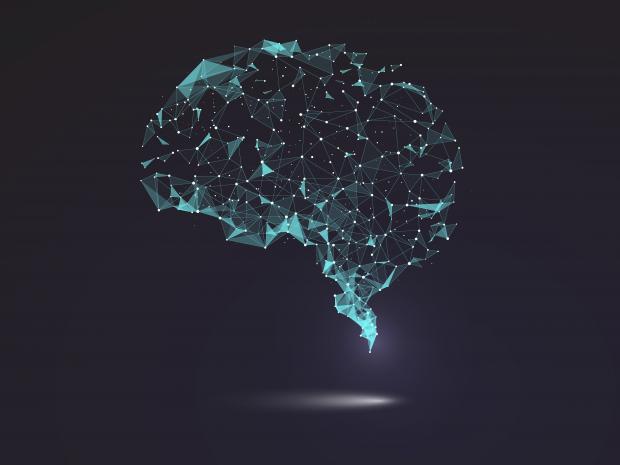Data Science at The New York Times

Part of the Special ECE Seminar Series
Modern Artificial Intelligence
Title:
"Data Science at The New York Times"
Speaker:
Chris Wiggins, Chief Data Scientist at The New York Times
Abstract:
The Data Science group at The New York Times develops and deploys machine learning solutions to newsroom and business problems. Re-framing real-world questions as machine learning tasks requires not only adapting and extending models and algorithms to new or special cases but also sufficient breadth to know the right method for the right challenge. I'll first outline how - unsupervised, - supervised, and - reinforcement learning methods are increasingly used in human applications for - description, - prediction, and - prescription, respectively.
I'll then focus on the 'prescriptive' cases, showing how methods from the reinforcement learning and causal inference literatures can be of direct impact in - engineering, - business, and - decision-making more generally.
Bio:
 Chris Wiggins is an associate professor of applied mathematics at Columbia University and the Chief Data Scientist at The New York Times. At Columbia, he is a founding member of the executive committee of the Data Science Institute, and of the Department of Applied Physics and Applied Mathematics as well as the Department of Systems Biology, and is affiliated faculty in Statistics. He is a co-founder and co-organizer of hackNY, a nonprofit that since 2010 has organized once-a-semester student hackathons and the hackNY Fellows Program, a structured summer internship at NYC startups.
Chris Wiggins is an associate professor of applied mathematics at Columbia University and the Chief Data Scientist at The New York Times. At Columbia, he is a founding member of the executive committee of the Data Science Institute, and of the Department of Applied Physics and Applied Mathematics as well as the Department of Systems Biology, and is affiliated faculty in Statistics. He is a co-founder and co-organizer of hackNY, a nonprofit that since 2010 has organized once-a-semester student hackathons and the hackNY Fellows Program, a structured summer internship at NYC startups.
Prior to joining the faculty at Columbia he was a Courant Instructor at NYU (1998-2001) and earned his Ph.D. at Princeton University (1993-1998) in theoretical physics. He is a Fellow of the American Physical Society and is a recipient of Columbia's Avanessians Diversity Award.
Books:
"Data Science in Context: Foundations, Challenges, Opportunities" (Cambridge Press 2022)
"How Data Happened: A History from the Age of Reason to the Age of Algorithms" (Norton Press 2023)

